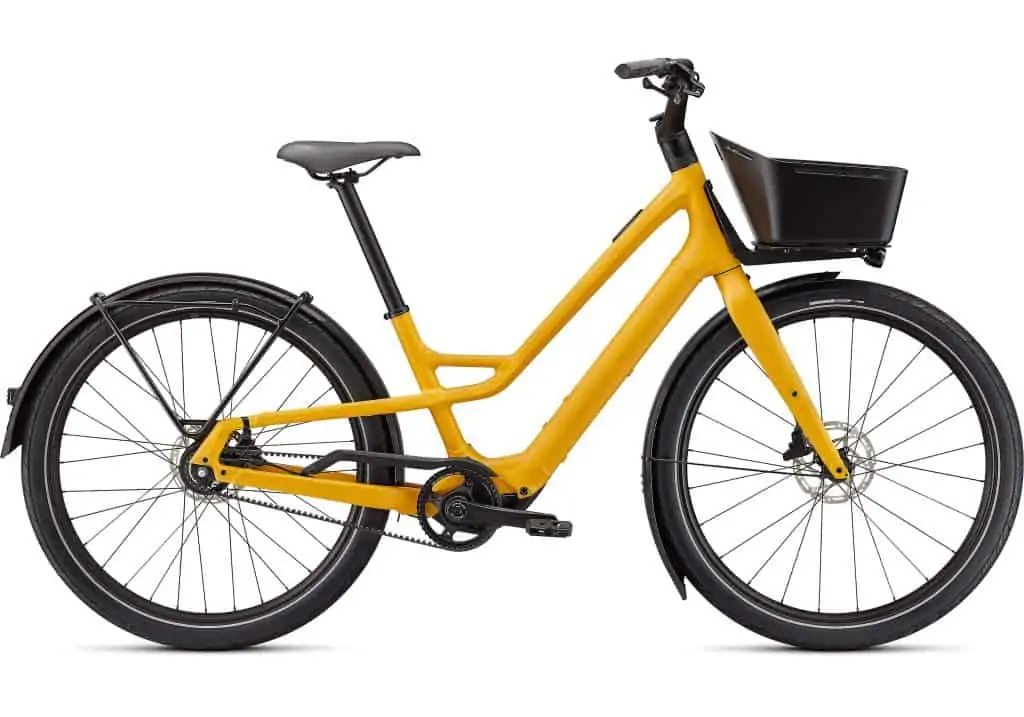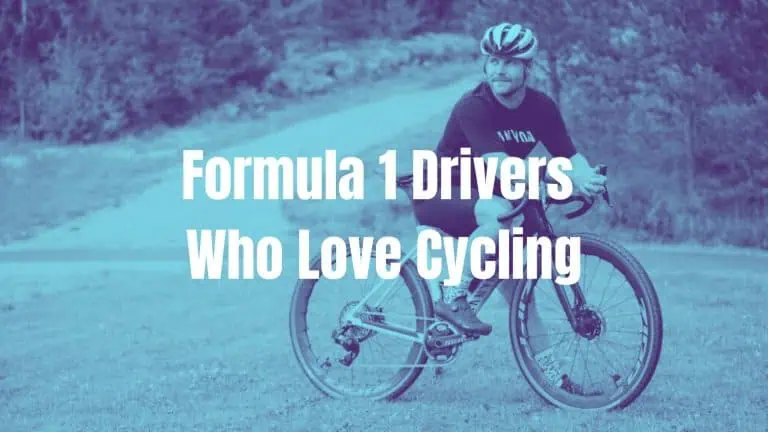Electric Bike vs. Car – Can an E-Bike Replace Your Car?
Key
Takeaways
- eBikes average $1,500; cars average $48,000. Annual maintenance: eBike $100, car $8,558.
- eBikes can bypass traffic with 10-24 MPH speeds and are up to 20x more energy-efficient than electric cars.
- eBikes promote health and are environmentally friendly, while cars contribute to inactivity and environmental issues.
In today’s bustling urban landscapes, the way we move about says a lot about our lifestyle choices, our concerns for the environment, and how we prioritize convenience and cost.
As cities grow more congested and our ecological footprint becomes a topic of pressing concern, alternative modes of transportation are gaining traction. Enter the electric bike, a fusion of traditional pedal power and modern electric propulsion, promising a greener and often more efficient commuting option.
But can it really stand up to the tried-and-true automobile, which has been a staple in our lives for over a century?
Can an Electric Bike Replace Your Car?
It’s a question you may be asking yourself more often these days: Should I take the leap, get rid of my pricey auto, and replace it with an eBike?
Happily, more people are making this decision as COVID-related lifestyle changes have impacted people worldwide, especially folks who are working remotely. You may be one of them, so consider this valuable information to see how much you gain by making the switch.

The upfront cost to acquire an electric bike vs. a car
Though the market is constantly adding new models designed for specific needs and proclivities, today’s pricing is generally estimated between $600 and $8,000+.
Why so huge a price differential? Because electric motors and batteries add considerable cost to an eBike, say the folks at eBikesHQ.com.
Shoppers looking to purchase eBikes that pair quality with affordability can expect to spend around $1,500 MSRP. In fact, around 80 percent of product on today’s market falls into this price range.
On the other hand, the average new car price in 2023 is over $48,000. [ CarAndDriver ]
| eBike Average Price | Car Average Price |
| $1,500 | $48,000 |
Thinking about buying an electric bike?
If you’re thinking about buying an e-bike, take a look at our latest electric bike reviews:
Cost to operate an eBike
Experts may disagree on many things, but they are in sync with the cost savings one enjoys as the result of ditching the car and riding an eBike. “Many people use less than a dollar of electricity per month when riding their e-bike,” say researchers at electrek.co.
Depending upon the bike’s design, $1 worth of electricity gets you between 350 to 900 miles and removes expenses like car payments, gas, insurance, and parking.
Costs to maintain a car
According to the American Automobile Association (AAA), the cost of “owning and operating an average sedan costs $8,558 per year, which is equal to $713 per month or 57 cents per mile.” Do these numbers disturb you? AAA researchers reported this data in 2016, urging members to factor in often-forgotten expenses like depreciation and car finance charges.
What does it cost to maintain an eBike?
While eBikes tend to wear out faster than traditional bicycles because once riders increase their ride time, the cost of maintaining this transportation marvel is extremely affordable. And while tune-up costs will depend on the going rates of people who work on these rides, contributors to ElectricBikes.com offer these ballpark figures to help shoppers calculate down-the-road costs.
You’re likely to spend between $75 and $100 for tune-ups (every 6 months or every 500 miles), flat tire repair runs between $10 to $20 (tube replacement is extra), plan to spend between $20 and $35 on brake adjustments, and if your eBike drivetrain needs adjusting or replacing, you’ll get a bill for between $20 and $60. Sound affordable to maintain? You bet!
| Cost to maintain a car | Cost to maintain an eBike |
| $8558 per year | $100 per year |
Which is faster: a car or an eBike?
This isn’t a trick question because while putting your gas pedal to the metal will help you achieve top speed limit postings on major expressways and throughways, you’ve probably also experienced sitting in traffic while not only eBikes but regular bikes whiz by. Not all of them obey the law when they do so, but you get the idea.

The answer to this question is found in a combination of an eBike’s battery voltage, throttle-only cycling, and pedal-assist features that can deliver average speeds of between 10 to 24 MPH, according to testers writing for the Juiced Bikes website. Those numbers are climbing as more sophisticated eBikes hit the market.
Health and environmental benefits of driving a c
A collaboration of researchers compiling statistics for the Oxford Academic Journal of Public Health back in 2011 summed up the lack of health and environmental benefits driving delivers within the text of their “Are cars the new tobacco?” research study. Succinctly, the team concluded that “Private cars cause significant health harm.”
Related read: How to Choose an Electric Bike – Complete Buying Guide
In fact, driving a car “promotes physical inactivity, obesity … cardio-respiratory disease from air pollution, noise, community severance, and climate change.” Other research studies agree — and their findings don’t take into account accidents, injuries, and death. If you can come up with health and environmental benefits associated with driving a car that is powered by fossil fuels, please let us know.
Health and environmental benefits of replacing your car with an eBike
The list is long, and while you may not be able to do without a car on some occasions, health and environmental benefits just keep multiplying if you take the leap. This “10 Reasons to Swap a Car for an eBike” YouTube video explains how you and the earth benefit by switching:
Further, even electric cars aren’t as efficient as eBikes, according to Electrek. “Many electric cars have an efficiency of somewhere around 250Wh/mi. Meanwhile, many electric bicycles ridden on throttle-only have an efficiency of around 25Wh/mi. That’s 10x less energy to take the same person over the same distance! If you’re using pedal-assist instead of throttle-only riding, many e-bikes can reach around 10-15Wh/mi, making them closer to 20x more efficient than an electric car. That’s pretty crazy.”
Read more: Is It Possible to Get in Shape with an E-bike?
How about the weather factor?
Yes, it’s the wussy way out for commuters who take one look at the heavens and decide to take the car. But if you prefer your eBike even in inclement weather, there are steps you can take to make the ride more tolerable, say bloggers on the Evelo Electric Bicycles website.
Their tips are clever, and practical and include these suggestions:
- Buy an eBike with fenders or one designed to have fenders added. Many commuter e-bikes come fully equipped.
- Weatherproof yourself by purchasing rain-repelling caps, gloves, jackets, rain pants, and shoes.
- Weatherproof your gear too. If a satchel, cycling backpack, or rucksack appeals to you, but it’s neither big nor waterproofed, take a pass. Your best choice? A seam-sealed waterproof pannier bag, backpack, or shoulder bag.
- Ride with your lights on when it rains. Your front-facing headlight should be dynamic enough to illuminate 500 feet ahead, and your tail light from 500 to 600 feet behind. Add a blinking light for extra insurance.
- When it rains, reduce your tire pressure around 10 psi to improve traction.
- We don’t have to tell you to slow down, right?
- Brake earlier than usual. eBikes have distinct advantages over regular braking systems so capitalize on this by giving folks behind you early warnings.
- Don’t lean into corners while rounding them on your bike when it’s wet. The idea here is to keep as much tire on the road as possible.
- Stay alert for slippery spots like gasoline and oil slicks that hide within puddles. Did you know that painted lane markers and lines are especially slippery when it rains?
How to decide which is better
If you just read that sentence and you’re parsing the word “better,” this is all going to come down to personal preference, but there are so many reasons to choose an e-bike over a car that the decision if it’s feasible for you, is a no brainer. And yes, it’s okay to hang on to the car until you see how easy it is to adapt to your new ride for all of the right reasons — including the laugh you’ll have every time you pass a gas station.







I love my ebike, and have given up my car. The biggest drawback is the lack of secure parking for bikes while at work or shopping. Anyone concerned about Global Warming (which ought to be everyone) needs to help lobby for better bike parking, secure and under video surveillance.